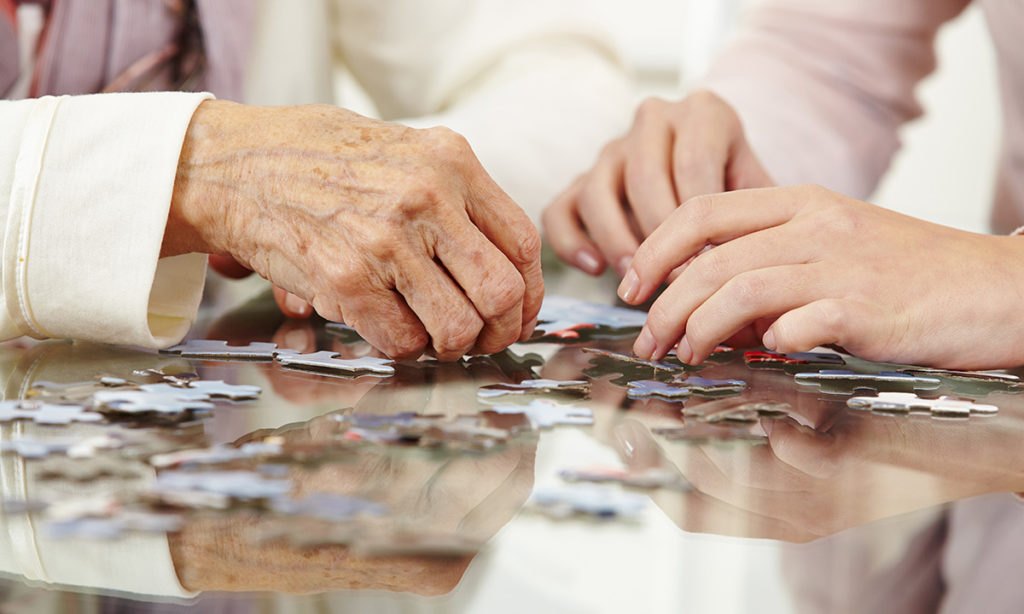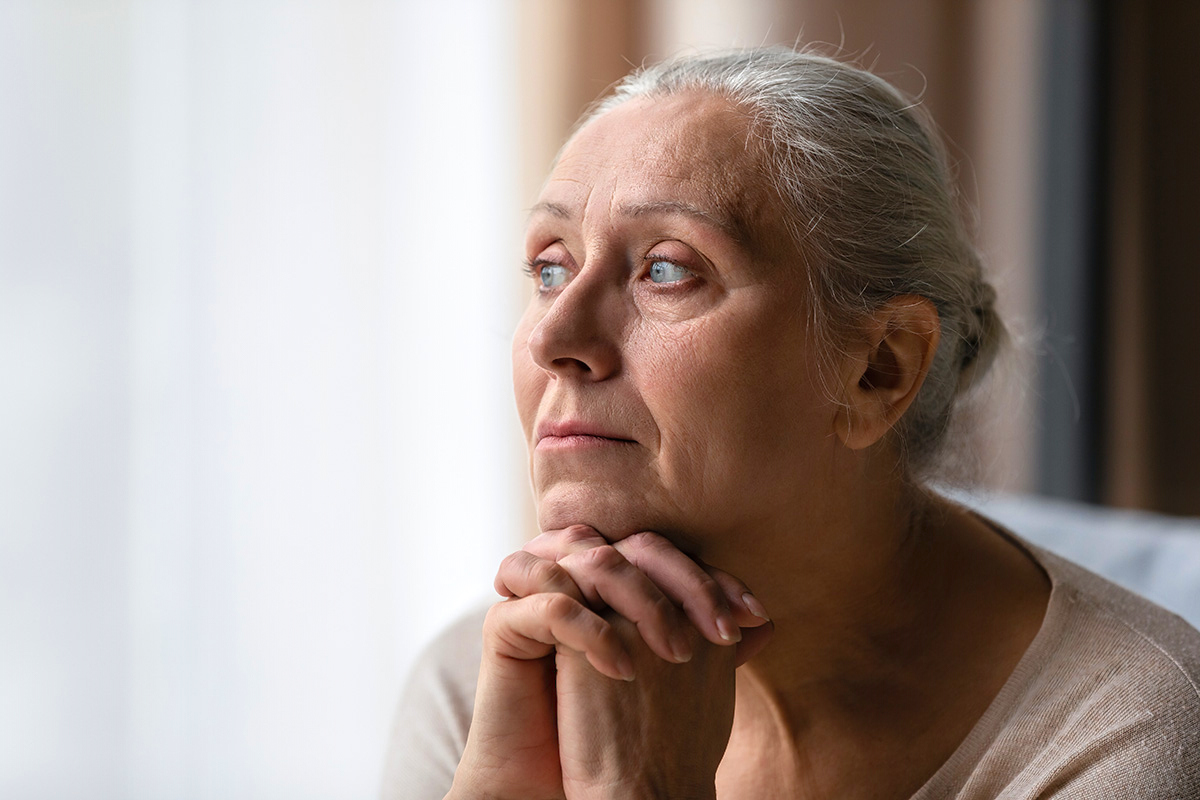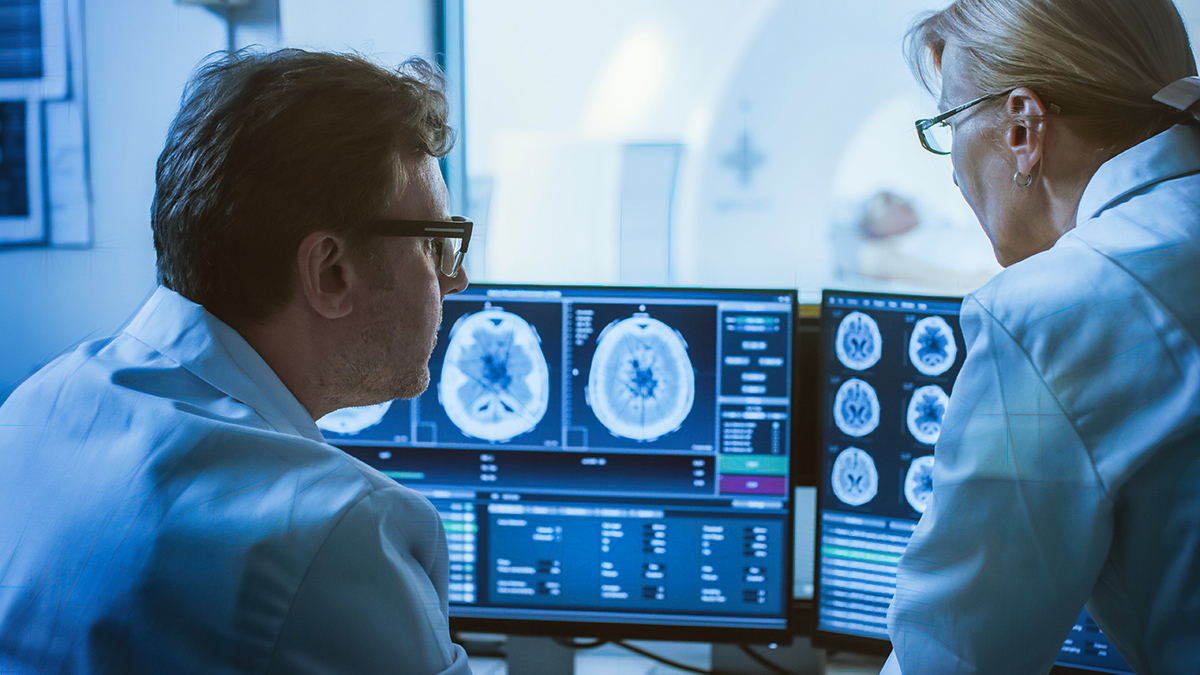What Is Mild Cognitive Impairment?

You forgot where you placed your keys.
You forgot a doctor’s appointment.
You can’t remember that acquaintance’s name.
You’re having trouble concentrating.
These instances can be alarming, especially if you’re an older adult or have a history of Alzheimer’s disease in your family. Are you experiencing the early symptoms of dementia or are you simply dehydrated, having a bad day, or feeling anxious about something?
It can be hard to know, and we tend to jump to the worst-case scenario, especially if we’ve seen a loved one living with Alzheimer’s disease or another form of dementia.
But just because you’re experiencing minor signs of memory loss or confusion does not necessarily mean you have or will develop dementia. It could, based on certain criteria, mean you are experiencing mild cognitive impairment.
What is mild cognitive impairment?

The Mayo Clinic defines mild cognitive impairment as “the stage between the expected cognitive decline of normal aging and the more serious decline of dementia.”1
Mild cognitive impairment will show up in basic cognitive functions, such as thinking, reading, learning, remembering, reasoning and attention span. The Mayo Clinic also emphasizes that if you’re experiencing mild cognitive decline, these issues won’t interfere with daily tasks and activities. You’ll notice them, but they won’t derail your day or ability to function normally.
1 Mayo Clinic, Understanding Alzheimer’s: Your Guide to Brain Health, p.22.
Is mild cognitive impairment a sign of dementia?
Only one in ten people who have mild cognitive impairment will develop dementia. This is because mild cognitive impairment can be caused by a number of other health conditions, including:
Many who experience mild cognitive repair will not see their cognitive issues advance any further and some will return to regular cognitive functioning.
However, mild cognitive impairment can be an early sign of dementia or Alzheimer’s disease. Testing can be done to determine if your cognitive impairment is neurodegenerative, which is the destruction of nerve cells in the brain and is typically indicative of Alzheimer’s disease.
How do you know if you have mild cognitive impairment or something worse?

A doctor can perform tests to see if you have mild cognitive impairment or something less or more advanced. During the test, the doctor will probably ask you several questions and observe you as you complete certain tasks.
Being tested regularly by your doctor is key to determining whether or not your cognitive functions are improving, getting worse or staying the same, so your doctor will likely have you come back in six to 12 months to test again.
Further testing can be done to determine if you have early signs of dementia or Alzheimer’s. MRIs, PET scans, spinal taps, and functional MRIs, which test brain activity rather than the structure of the brain, can help determine if you’re showing early signs of Alzheimer’s disease.
To learn more about this type of testing, read our article “Finding Alzheimer’s Disease Before Symptoms Appear.”
What causes mild cognitive impairment?
As mentioned above, dementia is not the only cause of mild cognitive impairment. A number of health issues can lead to mild cognitive development. In addition to the previous list, vascular impairments, which affect the brain’s blood vessels, can lead to mild cognitive impairment because a limited blood supply to the brain greatly affects our cognitive ability.
Sleep problems caused by insomnia, sleep apnea, or mental health issues can also contribute to mild cognitive impairment. Depression and mental illness are also known to cause mild cognitive impairment.
A doctor can help diagnose what is causing you to experience mild cognitive impairment. From there, you can decide on a course of treatment.
Can you prevent mild cognitive impairment?
Certain lifestyle choices can aid in preventing the development of mild cognitive impairment, including:
Memory slips and forgetfulness can be alarming, but they aren’t necessarily signs of dementia.
Talk to your doctor and see if testing would be a good option for you. Early intervention is crucial for memory loss. Seeking help now could prevent, or help deter further cognitive impairment.





